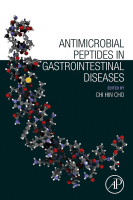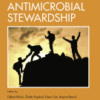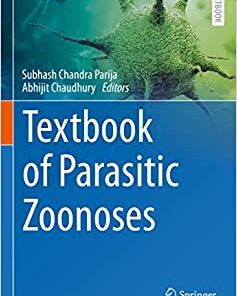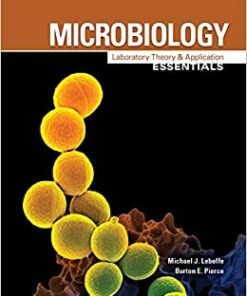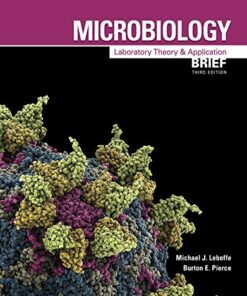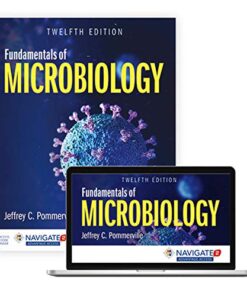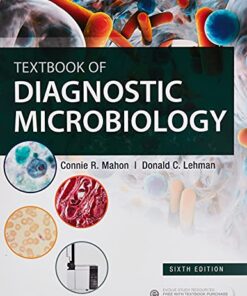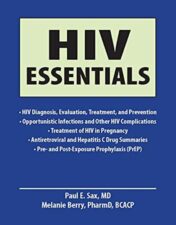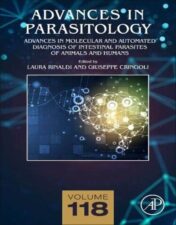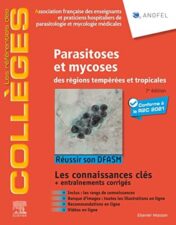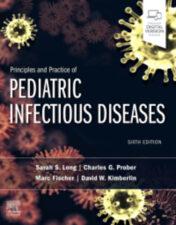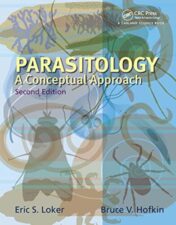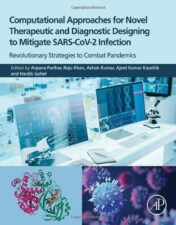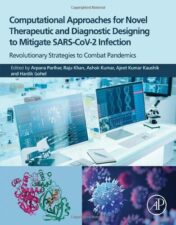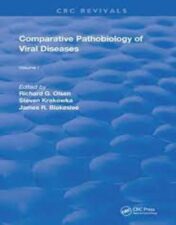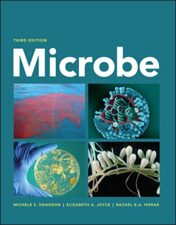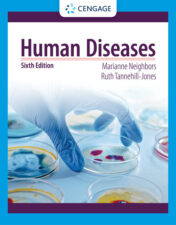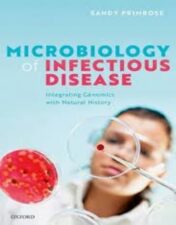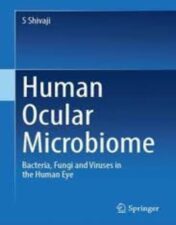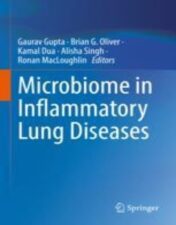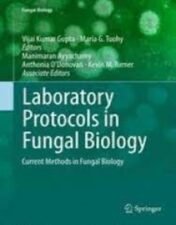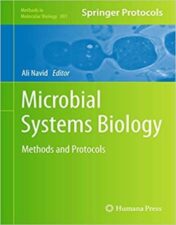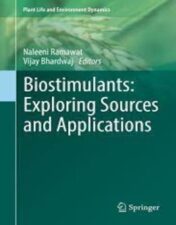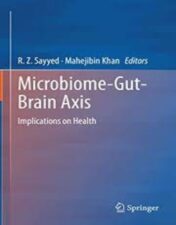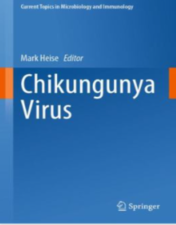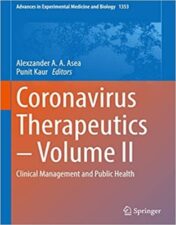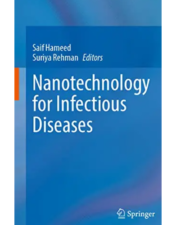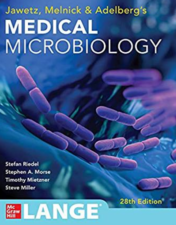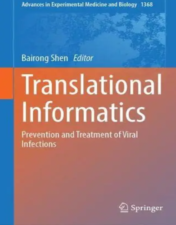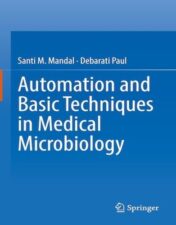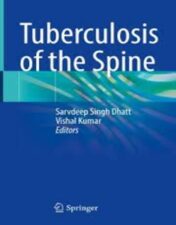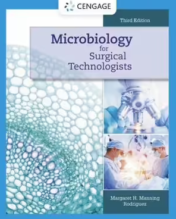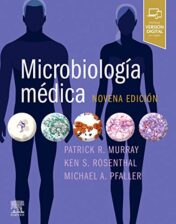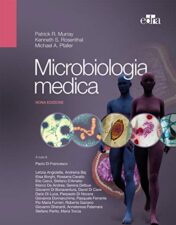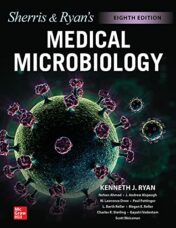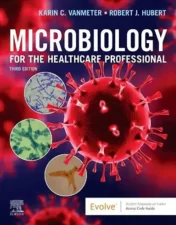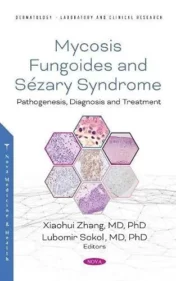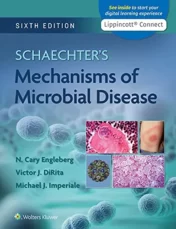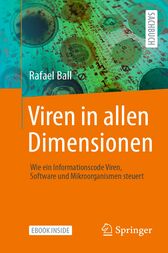Antimicrobial Peptides in Gastrointestinal Diseases 2018 Original pdf
$14
Antimicrobial Peptides in Gastrointestinal Diseases 2018 Original pdf
Antimicrobial peptides (AMPs), including cathelicidins and defensins are host defence peptides that carry out multiple roles in the gastrointestinal (GI) tract. Antimicrobial Peptides in Gastrointestinal Diseases presents knowledge about the physiological functions and pharmacological actions of AMPs in inflammation, cancer, and further infection of the GI tract. The book provides coverage from the basic research to clinical application for GI diseases. Current research and development of AMPs is presented, opening the way for further work on these peptides, not only in the context of GI diseases, but also for similar pathologies in other organs. AMPs are key to the regulation of human microbiome and second line defence in the GI mucosa, prevent colonization of pathogens and modulation of innate response to invading pathogens, and modify immunological reactions during inflammatory processes and oncogenic development in the GI mucosa. More importantly, AMPs possess diversified anti-microbial actions against various infectious diseases in the GI tract. With these physiological functions and pharmacological actions, AMPs have significant potential as therapeutic agents for the treatment of inflammation, cancer and further infection in the GI tract.
Related Products
Basic Sciences Books
Textbook of parasitic zoonoses (Microbial Zoonoses) (Original PDF from Publisher)
Basic Sciences Books
Basic Sciences Books
To Catch A Virus, 2nd Edition (ASM Books) (Original PDF from Publisher)
Basic Sciences Books
Microbiology: Laboratory Theory & Application, Essentials (Original PDF from Publisher)
Basic Sciences Books
Bloodborne and Airborne Pathogens, 8th Edition (Original PDF from Publisher)
Basic Sciences Books
Microbiology: Laboratory Theory & Application, Brief 3e (Original PDF from Publisher)
Basic Sciences Books
Fundamentals of Microbiology, 12th Edition (Original PDF from Publisher)
Basic Sciences Books
Textbook of Diagnostic Microbiology, 6th Edition (Original PDF from Publisher)
Microbiology Books
Microbiology Books
Microbiology: The Human Experience, 2nd edition 2021 Original PDF
Microbiology Books
Parasitology: A Conceptual Approach, 2nd Edition 2022 Epub+converted pdf
Microbiology Books
Parasitology: A Conceptual Approach, 2nd Edition 2022 Original PDF
Microbiology Books
Microbiology Books
Microbiology Books
Parasitology: An Integrated Approach, 2nd Edition 2022 Original PDF
Microbiology Books
Microbiology Books
Microbiology Books
Microbiology Books
Microbiology Books
Fields Virology: RNA Viruses Seventh Edition 2022 Epub+Converted PDF
Microbiology Books
Macrophages in the Human Body: A Tissue Level Approach 2021 Original pdf
Microbiology Books
Fungal Biotechnology Prospects and Avenues: Prospects and Avenues 2022 Original PDF
Microbiology Books
Microbiology Books
Human Ocular Microbiome Bacteria, Fungi and Viruses in the Human Eye 2022 Original pdf
Microbiology Books
Microbiology Books
Application of Microbes in Environmental and Microbial Biotechnology 2022 Original pdf
Microbiology Books
Molecular Systematics of Parasitic Helminths 2022 Original pdf
Microbiology Books
Fungal diversity, ecology and control management 2022 Original pdf
Microbiology Books
Microbiology Books
Life After Death: What Happens to Your Body After You Die? 2022 Original pdf
Microbiology Books
Microbiology Books
Microbiology Books
Microbial Systems Biology Methods and Protocols 2022 Original pdf
Microbiology Books
Biostimulants: Exploring Sources and Applications 2022 Original pdf
Microbiology Books
Extremophilic Fungi Ecology, Physiology and Applications 2022 Original pdf
Microbiology Books
Microbiology Books
Microbiology Books
Microbiology Books
Microbiome-Gut-Brain Axis Implications on Health 2022 Original pdf
Microbiology Books
Innovations in Environmental Biotechnology 2022 Original pdf
Microbiology Books
Mycobacterium ulcerans Methods and Protocols 2022 Original pdf
Microbiology Books
Lifecycles of Pathogenic Protists in Humans 2022 Original pdf
Microbiology Books
Human microbiome clinical implications and therapeutic interventions 2022 Original pdf
Microbiology Books
Chikungunya virus current topics in microbiology and immunology 435. 2022 original pdf
Microbiology Books
Microbiology Books
Principles in Nursing Practice in the Era of COVID-19 2022 Original pdf
Microbiology Books
Automation and Basic Techniques in Medical Microbiology 2022 Original PDF
Microbiology Books
Microbiology Books
Infection, Resistance, and Immunity, Second Edition 2022 Original PDF
Microbiology Books
Review of Medical Microbiology and Immunology, Seventeenth Edition 2022 Original Pdf
Microbiology Books
Netter’s Infectious Diseases, 2nd Edition 2021 EPUB & CONVERTED PDF
Microbiology Books
Microbiology Books
Microbiology Books
Microbiology Books
Sherris. Microbiologia medica, 7e 2021 EPUB3 + Converted PDF
Microbiology Books
Microbiology Books
Microbiological Analysis of Foods and Food Processing Environments 2021 Original PDF
Microbiology Books
Ryan & Sherris Medical Microbiology, Eighth Edition 2021 Original PDF
Microbiology Books
Microbiology for the Healthcare Professional 3rd Edition 2021 True pdf
Microbiology Books
Mycosis Fungoides : Causes, Diagnosis and Treatment 2021 Original pdf
Microbiology Books
Microbiology Fundamentals: A Clinical Approach 2021 Original pdf
Microbiology Books
Clinical Microbiology Made Ridiculously Simple 8th Ed 2021 high quality pdf

